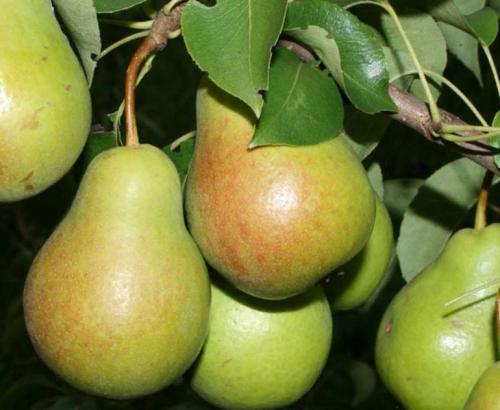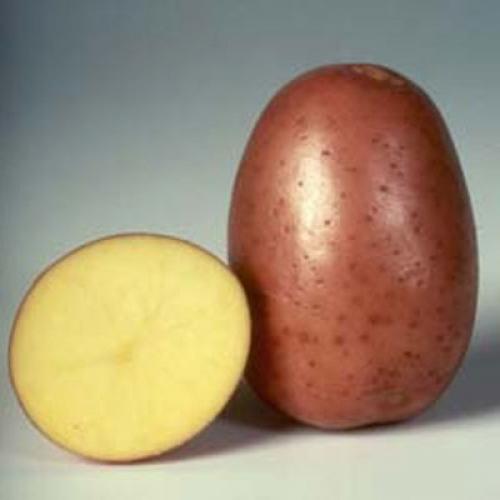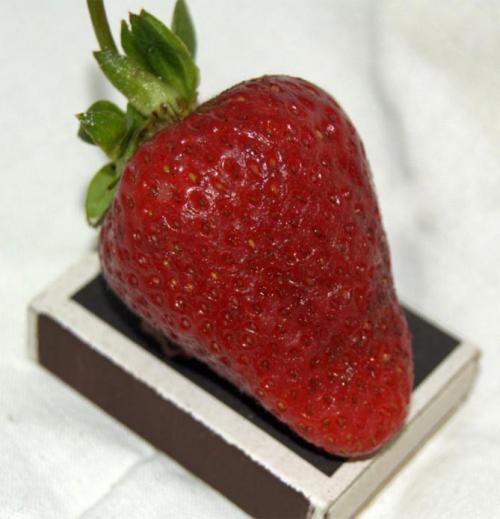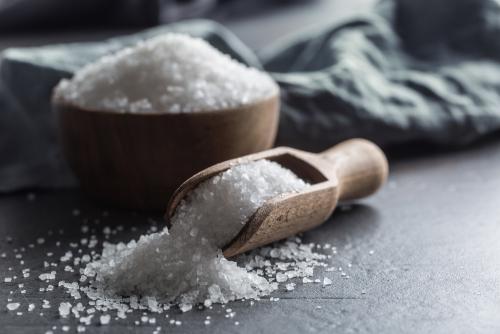Stop war in ukraine. Summary
Stop war in ukraine. Summary
Russia’s war on its neighbour continues for its tenth day and well into its second week. It is 7am in Ukraine and here is where the situation currently stands:
- US president Joe Biden spoke with Ukrainian president, Volodymyr Zelenskiy , to discuss ongoing efforts to impose sanctions on Russia and speed up US military, humanitarian and economic assistance. The White House said during the call the pair also discussed talks between Russia and Ukraine , but offered no additional details.
- Britain’s prime minister Boris Johnson issued a six-point plan in reaction to Russia’s invasion of Ukraine and is urging other leaders to endorse it in efforts to ensure Russia fails in its apparent attempt to take over its democratic neighbour.
- Zelenskiy also said he spoke to SpaceX and Tesla boss Elon Musk, announcing the country will receive more of its Starlink satellite internet terminals this coming week.
- US-based credit card giants Visa and Mastercard announced they will suspend their Russian business operations.
- The Ukrainian military said Russian forces continue to focus on Kyiv while moving ahead with assaults on Kharkiv, Mykolaiv and the creation of a land corridor with Crimea, in its latest operational report . The report said aircraft from airports in Belarusian territory were involved in air strikes on military and civilian infrastructure in Kyiv and Zhytomyr.
- US-based think tank and policy research organisation, the Institute for the Study of War , released a report saying Russian forces in Ukraine may have entered a possibly brief operational pause as they prepare to resume operations against Kyiv, Kharkiv, Mykolayiv, and possibly Odesa in the next 24-48 hours.
- The relief effort to distribute humanitarian aid to Ukraine has stepped up as volunteers across the country work tirelessly to gather basic necessities to give to refugees and prepare food supplies for the army to be sent to the frontline.
- The humanitarian situation in the southern Ukrainian port of Mariupol is “catastrophic” and it is vital that civilians be evacuated, a senior official from the NGO Doctors Without Borders warned.
- The International Monetary Fund announced it could $1.4 billion emergency funding as early as next week as the body warns of war’s “severe impact” on the global economy.
- Western sanctions on Russia are a stumbling block to revived Iran nuclear deal , Russian foreign minister Sergei Lavrov said.
- Ukrainian foreign minister Dmytro Kuleba met with US secretary of state Antony Blinken , saying Ukraine “will win this war” but needs more help from Nato.
- Ukraine’s foreign minister, Dymtro Kuleba , appealed for more military assistance while Reuters reports Zelenskiy a “desperate plea” for eastern Europe to provide Russian-made aircraft to Ukraine. In a call with US senators, he is also understood to have called for a no-fly zone, lethal aid, a ban on Russian oil and a suspension of Visa and Mastercard in Russia.
- The US is reportedly in discussions with Poland on the possibility of Poland providing more fighter jets to Ukraine with the US potentially agreeing to backfill Poland’s fleet of fighter planes if Warsaw decides to transfer its used MiG-29s to Ukraine, four US officials told POLITICO .
- Russia and Ukraineanother round of talks on Monday , even though previous talks that produced an agreement to a limited ceasefire in order to protect corridors for civilian have not been honoured by Russia.
- The United Nations recorded 351 civilians killed and 707 injured in Ukraine ,to the UN high commissioner for human rights.
- Tens of thousands joined rallies around the world in support of Ukraine over the weekend, gathering in cities across Europe, the US and South America to demand an end to Russia’s invasion.
What does Russia want from ukraine. What does Russia want?
Last month, Russia set out several main demands to the West on Ukraine, among other security matters,.
In the document, it demanded that the U.S. must prevent further eastward expansion of NATO and must not allow former Soviet states to join the alliance.
Russia also demanded in the draft pact that the U.S. "shall not establish military bases" in the territories of any former Soviet states that are not already members of NATO, or "use their infrastructure for any military activities or develop bilateral military cooperation with them."
VIDEO 2:26 02:26
Biden sees China, not Russia, as the core U.S. security challenge: Ex-diplomat
Squawk Box Asia
Although not mentioned by name in the draft pact, Ukraine is an obvious focal point for the Russians — it is a former Soviet republic, as is Russian ally Belarus, Azerbaijan, Moldova and Armenia, among others. The former Soviet states of Latvia, Lithuania and Estonia are already NATO members.
Russia has already, and often, expressed its dislike of U.S. missile defense complexes in Poland and Romania in Eastern Europe and.
For their part, the U.S. and NATO have already described demands that Ukraine not be admitted to NATO, or that it roll back NATO deployments in Eastern Europe, as "non-starters" — in the words of U.S. Deputy Secretary of State Wendy Sherman, who led the U.S. delegation in talks with Russian officials in Geneva on Monday.
VIDEO 3:57 03:57
Russia has big military and 'mouth,' but not a big economy: Ex-U.S. diplomat
Street Signs Asia
While she noted that the U.S. had pushed back against Russia's security proposals, her Russian counterpart Sergei Ryabkov said the talks, which lasted around seven hours, were "difficult" and signaled that Moscow's demands had not changed, telling reporters, "it's absolutely mandatory to make sure that Ukraine never — never ever — becomes a member of NATO."
With no clear progress made in talks on Monday, hopes are being pinned on further discussions between Russian and NATO officials in Brussels on Wednesday, and more discussions on Thursday at the Organization for Security and Cooperation in Europe in Vienna.
Why is Russia invading ukraine. Russia pummels Ukrainian civilian areas; refugees try to escape
Nuclear radiation exposure concerns have been mounting following Russian attacks on Ukrainian nuclear power plants. WSJ’s Daniela Hernandez explores what scientists have learned about the health effects of radiation, with a look at past nuclear accidents. Photo: Anatolii Stepanov/AFP/Getty Images
Russia’s invasion of Ukraine has been under way for nearly three weeks. President Vladimir Putin’s forces are increasingly bombing residential areas and civilian infrastructure and widened the assault with a weekend missile strike near the Polish border. Attacks on population centers and efforts to encircle the capital, Kyiv, have driven more than 2.95 million people out of Ukraine since the invasion began on Feb. 24. Russia has so far failed to take control of any major Ukrainian city .
In the international effort to stop Mr. Putin, the U.S. and its European allies have looked to inflict economic pain on the Russian leader with sanctions and mounting efforts to cut off Moscow’s energy exports. The Russian leader has shown no indication he would bow to pressure to end the war. A meeting of foreign ministers from both sides proved fruitless , and talks between Russian and Ukrainian negotiators have resulted in limited cease-fires to evacuate civilians, but they frequently collapse.
To Read the Full Story
Subscribe Sign In
Continue reading your article with
a WSJ membership
View Membership Options Resume Subscription
We are delighted that you'd like to resume your subscription.
You will be charged $ + tax (if applicable) for The Wall Street Journal. You may change your billing preferences at any time in the Customer Center or call Customer Service . You will be notified in advance of any changes in rate or terms. You may cancel your subscription at anytime by calling Customer Service .
How will the war in ukraine end. Patchy control
Close watchers of the Russia-Ukraine war say the fluid and rapidly changing nature of the conflict makes it hard to gauge what will happen next in Ukraine, with both Moscow's and the West's next moves unpredictable.
However it's widely expected that Russian President, loathing Ukraine's current pro-Western government and its aspirations to join the EU and NATO, wants to install a pro-Russian regime in Kyiv.
VIDEO 5:00 05:00
The thing to watch is how fast the Russians take control of Kyiv, says Hoover Institution's Niall Ferguson
Closing Bell
Just how and when (and if) that happens is uncertain but Eurasia Group's base-case scenario for the next three months is for Russia to gain "patchy control of eastern Ukraine, up to the Dnipro River" and to capture the capital Kyiv after a protracted siege, and for "a Russian-backed puppet government" to be established.
Eurasia Group's chairman, Cliff Kupchan, and colleagues added in a note Thursday that "a rump Ukrainian state" is likely to be led from Lviv, a city in Ukraine's west and near the border with Poland, with the semi-exiled government likely to receive "heavy western support."
The analysts predicted refugee flows of 5 million to 10 million people from Ukraine to Western Europe.
Ukrainian soldiers help an elderly woman to cross a destroyed bridge as she evacuates the city of Irpin, northwest of Kyiv, on March 7, 2022.
Dimitar Dilkoff | AFP | Getty Images
In such a scenario, Eurasia Group predicted that NATO, which has so far refused to intervene militarily in the conflict (Ukraine is not a member of the military alliance), would provide "significant military assistance to the western Ukrainian state and materiel
Russia's military strategy has at times been beset with logistical problems, confusing the picture of what Russia's main or immediate goals are.
To date, only one city has definitively fallen to the Russians since the invasion began in the early morning of Feb. 24 — Kherson — although others like Mariupol, in the south, appear to be perilously close amid food, water and power shortages.
Resistance to Russian forces is likely to get tougher as the war progresses and Russia pulls out the stops to seize more territory.











